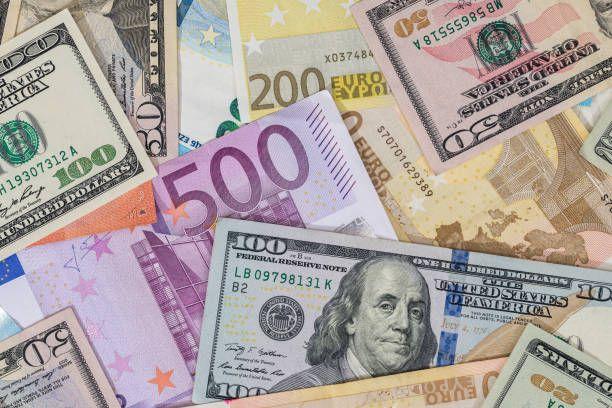The U.S. dollar rose to near a two-week high on Monday after a rise in U.S. Treasury yields to 3 percent supported the greenback, while a mixed picture from euro zone business surveys failed to help the single currency at the start of a busy week, Reuters reports.
The rise in the 10-year Treasury yield, spurred by worries about more inflationary pressures, increases in U.S. debt issuance and signs of a thawing of relations between the United States and China, left the gap between U.S. and German government bonds at a 29-year high.
That would normally boost the dollar significantly but while the greenback edged up 0.2 percent against the euro to $1.22675, the gains were limited.
“For a sustained uptrend in the dollar you would need to see political certainty and a rise in rates,” said Manuel Oliveri, FX strategist at Credit Agricole, predicting that the euro-dollar exchange rate would remain stuck in its recent range.
Analysts say the market needs clarity about the speed of the European Central Bank’s monetary tightening cycle before the euro, which rallied at the start of this year before running out of steam in the last two months, breaks higher.
The ECB holds its monetary policy meeting on Thursday.
“There is a little bit of a notion that the ECB could sound a bit more cautious. We don’t think so. We think that the ECB will keep its policy normalisation stable.”
Better than expected activity in the French private sector in April, according to a survey, was offset by worse than forecast activity in Germany.
Against a basket of currencies the dollar rose 0.2 percent to 90.453, staying within sight of a two-week high of 90.477 set on Friday.
The rise in bond yields also weakened Asian emerging market currencies versus the dollar, with the Chinese yuan down and the Indonesian rupiah hitting a two-year low of 13,895 per dollar.
Against the yen, the dollar hit a two-month high of 107.94 yen, up 0.2 percent on the day.
Easing concerns over global political risks weighed on the Japanese currency, market participants said, as the yen tends to attract demand in times of economic uncertainty and market turmoil, and sell off when confidence returns.
North Korea said on Saturday it would immediately suspend nuclear and missile tests, scrap its nuclear test site and pursue economic growth and peace instead. It made these comments ahead of planned summits with South Korea and the United States.
“The dollar momentum...is probably going to carry the way at least until the next negative headline comes out,” said Stephen Innes, head of trading in Asia-Pacific for Oanda in Singapore.
Even traders who had been bearish on the dollar seem to be looking for opportunities to take long positions, Innes added.
Other analysts said net long dollar positions had not risen significantly in recent weeks, despite concerns over geopolitical risks and worries over U.S.-China trade tensions appearing to be waning.
U.S. Treasury Secretary Steven Mnuchin said on Saturday he may travel to China, a move that could ease tensions between the world’s two largest economies.






